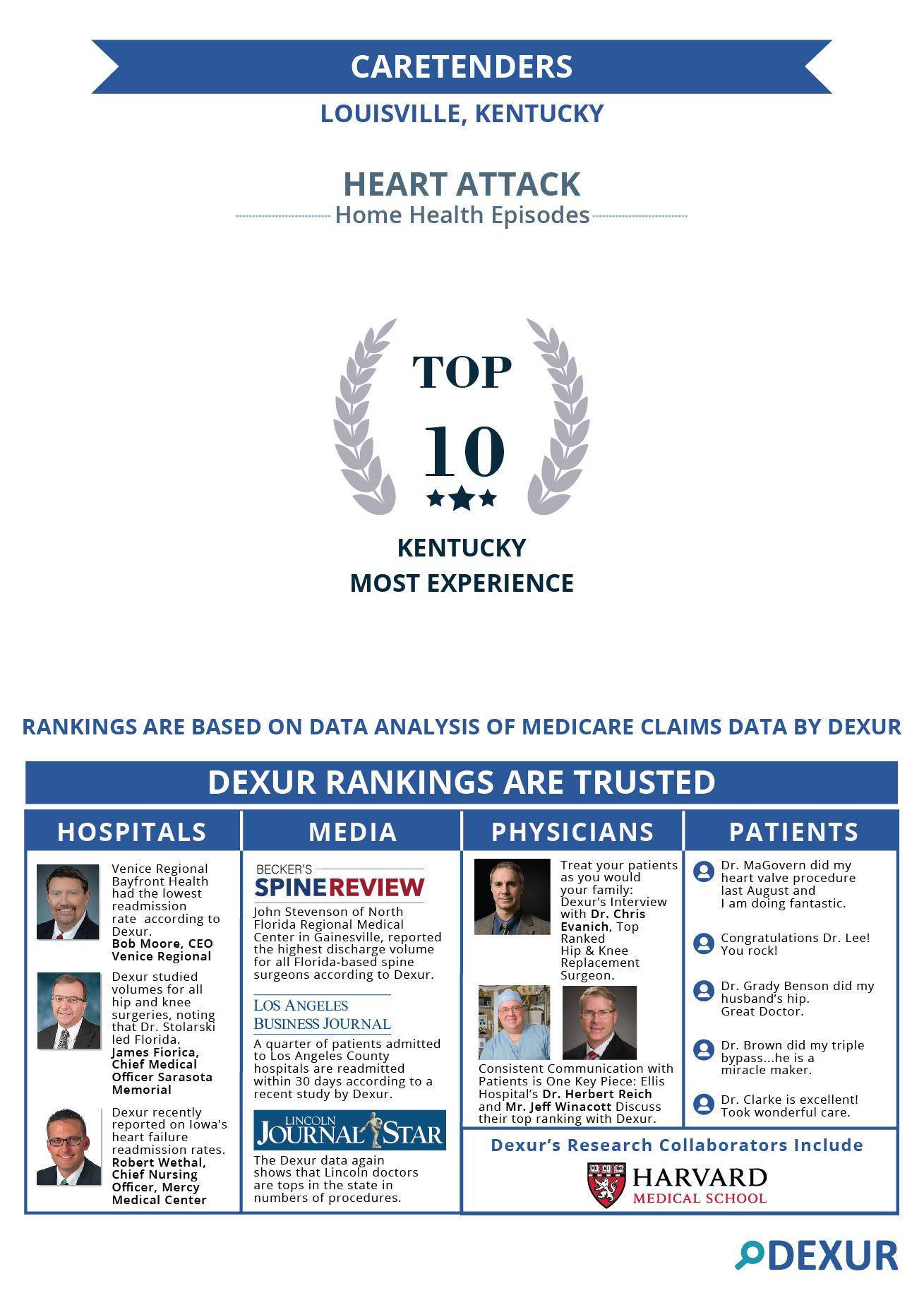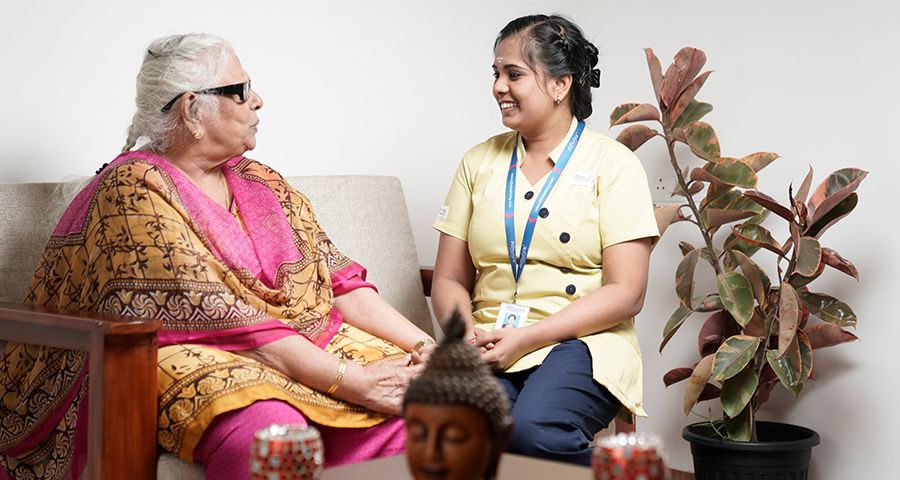
The children's hospital lab at Children's Hospital Los Angeles is known for its comprehensive pediatric pathology program. The lab's advanced methods enable it evaluate a wide variety of patient specimens. This includes biopsies and tissue from surgical resections. The department offers three fellowships as an educational resource. Medical students can learn more about pediatric pathology here. Are you interested to work in pediatric pathology as a physician? You might be interested in a position at this prestigious hospital.
Filkins' background as a child's hospital lab director
At a young age, Filkins wanted to be a lab director and he did so. Today, he heads the microbiology lab at Children's Health System of Texas in Dallas and serves as an assistant professor of pathology at the University of Texas Southwestern Medical Center. He recalls the labs that ARUP offered bench technicians a supportive environment. Filkins recalled frequenting the Infectious Diseases, Bacteriology, and Parasitology labs.
Vicky Harris has a BS and MBA in medical technology from Marquette University. Vicky Harris is now the Arkansas Children's Hospital's Lab Director. Vicky was previously the administrative director for the laboratory department at Ann & Robert H. Lurie Children's Hospital Chicago for nine year. There, she oversaw specialty labs, histology labs, and the revenue cycle, as well as leading activities to ensure compliance. She was previously a 13-year veteran of Shriners Hospitals For Children Chicago as a lab director. Her experience in pediatrics makes her an ideal candidate for the director position.

Diagnostic and screening tests
Children's hospitals in the United States are equipped with the most recent screening and diagnostic tests. The Pathology Professional Advisory Council, made up of doctoral and medical laboratory scientists, offers support and education for hospital employees. The Council was formed on July 1, 1998. Questions about laboratory diagnostic testing are welcome by the Pathologists. The laboratory staff is happy to answer questions about any patient. They are available to answer your questions about screening or laboratory diagnostics.
Multicenter laboratory testing in children’s hospitals revealed that the testing frequency in different hospitals varied greatly. But it did not affect the outcome of the patients. The results suggest there are possibilities to reduce laboratory use. Disclosure: The authors did not disclose any potential conflicts of interests. To determine the role and responsibilities of pediatric laboratory staff, further research is required. They will also discuss how to improve patient care in hospitals that order high frequency tests and which ones should be reduced.
Medical directors
Board-certified pathologists can be found in a laboratory for microbiology at a children’s hospital. Pathologists use microbiology labs to test for bacteria, viruses, etc. in order find out the causes of diseases. Over 100 technicians, scientists, and phlebotomists work in the labs to give fast service to the care teams. Here are some names of medical directors in children's hospital laboratory laboratories.
Dr. Sarnecki has a Bachelor's degree in biology from Mount Saint Mary's College, and a Master's degree in healthcare information technology at Johns Hopkins Carey Business School. He was a Pediatrics physician at Children's of Alabama for three years and was its divisional and department head. In February 2019, he assumed responsibility for specialty care services. He is an American Academy of Pediatrics member.

Phlebotomy certification
You may be required to care for children in hospitals' labs as a Phlebotomy Technician. The skills required include knowledge of medical terminology and communication, as well as strong writing and oral skills. You will be working in the hospital's 100-bed trauma or behavioral health center. Read on to learn more about this job opening. The certification of a phlebotomy technician for hospital-based lab jobs in children's hospitals
A phlebotomist is someone who collects blood samples for analysis. This person can also use computer systems to give information about patients and the testing laboratory. Phlebotomy training encompasses all aspects of the profession, including clinical components, classroom lectures, and student labs. For more information, visit the American Society of Phlebotomy website.
FAQ
What would happen if Medicare was not available?
Americans who are not insured will see an increase. Employers may decide to drop employees from their plans. Many seniors will also have higher out-of pocket costs for prescription drugs or other medical services.
What can I do to ensure my family receives quality health care services?
Your state likely has a department of public health. This helps to ensure everyone has affordable health care. Some states offer programs to help low-income families have children. For more information on these programs, contact the Department of Health of your state.
How can I become creative in my health care?
There are many ways to be a creative health professional. Many people begin their career as students. Others start out in business or engineering.
Some students choose to focus on a specific topic such as health policy, leadership, management or leadership. Some people choose to take electives that cover different views on health and healthcare.
No matter what pathway you choose, there are many ways to learn about topics in health and healthcare. These include readings, group discussions and assignments as well lectures. You may also attend workshops, conferences, and seminars.
The program will equip you with the knowledge and skills you need to interact with clients, colleagues, or patients in any capacity within the health sector.
A doctorate could be your next step.
Statistics
- Over the first twenty-five years of this transformation, government contributions to healthcare expenditures have dropped from 36% to 15%, with the burden of managing this decrease falling largely on patients. (en.wikipedia.org)
- For the most part, that's true—over 80 percent of patients are over the age of 65. (rasmussen.edu)
- About 14 percent of Americans have chronic kidney disease. (rasmussen.edu)
- Healthcare Occupations PRINTER-FRIENDLY Employment in healthcare occupations is projected to grow 16 percent from 2020 to 2030, much faster than the average for all occupations, adding about 2.6 million new jobs. (bls.gov)
- The health share of the Gross domestic product (GDP) is expected to continue its upward trend, reaching 19.9 percent of GDP by 2025. (en.wikipedia.org)
External Links
How To
How to Locate Home Care Facilities
People who need help at home will benefit from the services of home care providers. These include elderly persons who are unable to move independently and disabled people with chronic conditions such as Alzheimer's. These facilities provide personal hygiene, food preparation, laundry and cleaning services, as well medication reminders and transportation. They often collaborate with rehabilitation specialists, social workers, and medical professionals.
You can find the best home care services provider by asking friends, family and/or reading reviews on the internet. Once you identify one or two providers, you can ask them about their qualifications and experience. You should look for a provider that offers flexible hours so that they can accommodate your schedule. You can also ask if they offer 24-hour emergency service.
Ask your doctor or nurse to refer you. If you're not sure where to start, try searching the internet for "home health care" and "nursing house". You could also use websites such as Yelp, Angie's List and HealthGrades or Nursing Home Compare.
For additional information, contact your local Area Agency on Aging/Visiting Nurse Service Association (VNA). These organizations will have lists of agencies in your area that specialize in providing home care services.
It is crucial to find a quality home care agency, as many charge very high fees for patients. In fact, some agencies can charge up to 100% of an individual's monthly income. It is best to avoid this problem by choosing an agency with a high rating from the Better Business Bureau. Ask for references from previous clients.
Some states require home-care agencies to register with their state's Department of Social Services. Find out the requirements for agency registration in your area by contacting your local government.
There are many things you need to remember when selecting a Home Care Agency:
-
Be cautious of companies that require you to pay upfront in order to receive services.
-
Choose a well-established, reputable company.
-
Get proof of insurance, especially if you're paying out of pocket.
-
You should ensure that the state licenses any agency you hire.
-
For all costs related to hiring the agency, request a written contract.
-
Verify that follow-up visits are provided by the agency after discharge.
-
Ask for a listing of certifications and credentials.
-
Sign anything without first reading it.
-
Always read the fine print.
-
You should verify that the agency you are dealing with is insured and bonded.
-
Ask how many years the agency has been in business.
-
Verify the license of the State Department of Social Welfare for the agency.
-
Find out if the agency has received any complaints.
-
Your local government department can regulate home care agencies.
-
Make sure that you are able to get answers from the staff member who answers the phone about home care.
-
Talk to your accountant or attorney about the tax implications for home care.
-
For every home care agency you contact, always get at least three bids
-
You can choose the lowest price, but not less than $30 an hour.
-
You may have to pay multiple visits to a home-care agency every day.
-
Always read the contract carefully before signing it.